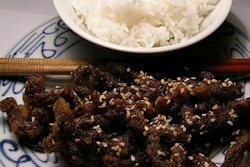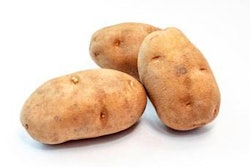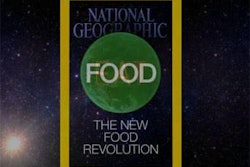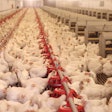Betaine is a natural methyl donor and a strong osmoprotector. So, in theory, it can spare part of methionine and choline (other methyl donors) and help animals cope with water-related stress conditions (dehydration, diarrhea, etc). It has also shown to work as a lipotropic agent, causing reduction of backfat to otherwise fatty animals and/or improvement of growth rate or feed efficiency. Clearly it is an additive with many good things going on about it.
The main reason we do not see much betaine being used in animal feeds is that all of these facts have been observed inconsistently. In most cases, this lack of predictability in performance was due to to overambitious trial designs and/or incorrect conditions under which betaine was tested. For example, betaine is a very week methyl donor in pigs, but does a much better job in poultry fed diets marginally deficient in methionine.
So, I believe there are three major questions we need to address regarding practical use of betaine in poultry diets:
- How much of dietary methionine and choline can we replace with betaine and remain within the safety zone in terms of animal performance?
- What are the conditions under which we can expect betaine to improve animal performance (including growth, feed efficiency, and carcass traits)?
- What other additives work with or against betaine in combating summer heat stress?
I would be glad to read your comments and experiences, so please do leave a comment.
















